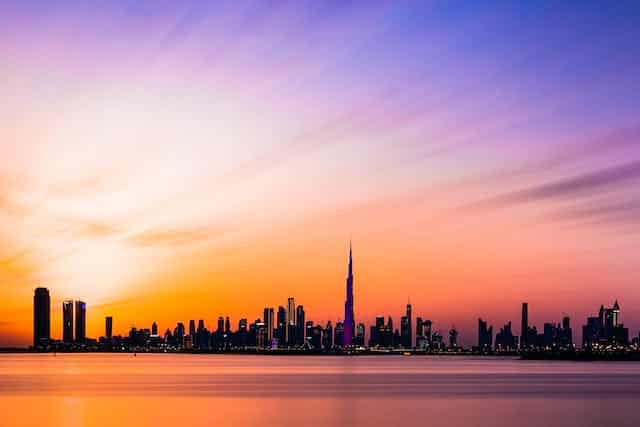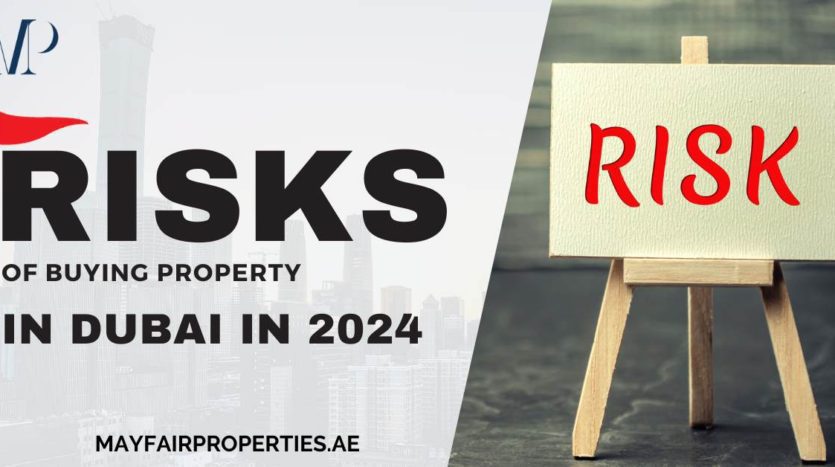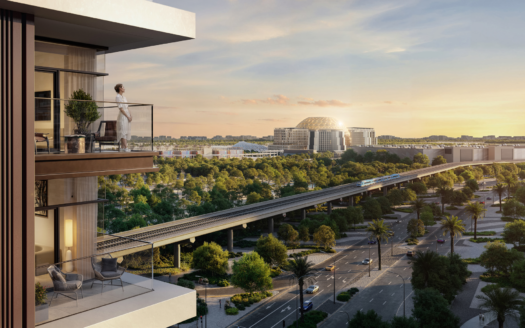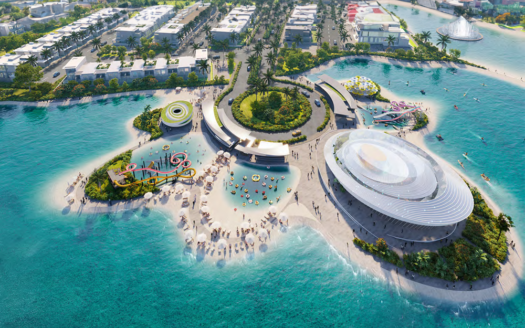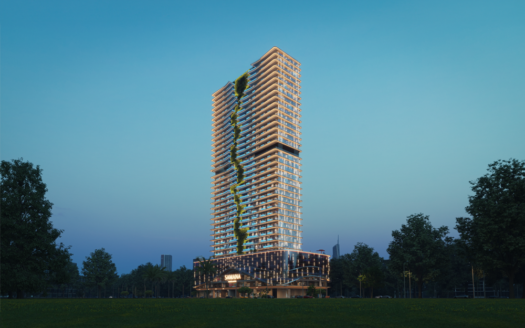Lets uncover the risks of buying property in Dubai in 2024
Dubai’s property market is a bustling centre, attracting attention from local and international circles. The ever-evolving landscape introduces new projects yearly, making it challenging to stay updated. While there are significant advantages, certain risks are involved in buying property in Dubai for those needing more comprehensive information.
Hence, if you’re considering investing initially, looking over specific factors is wise. This guide highlights the factors and risks of buying property in Dubai, offering insights into what warrants consideration before finalising your decision.
Crucial Factors for Investment
When investing anywhere globally, specific key elements significantly impact the success of a purchase. These remain equally essential concerning the risk associated with purchasing property in Dubai.
-
Supply And Demand
The interaction between supply and demand shapes Dubai’s property market profoundly. Population growth, economic conditions, and government regulations drive demand.
Simultaneously, collection plays a pivotal role, with the government actively promoting new developments to meet the escalating need for residential and commercial spaces.
-
Market Trends
Adapting to market trends holds equal importance in Dubai’s real estate investment. Like any market, it undergoes periodic fluctuations, necessitating staying abreast of current trends.
For instance, recent years have witnessed a surge in interest towards sustainable and eco-friendly constructions. Investors informed about these trends can leverage them for more informed investment decisions.
-
Location, Location, Location
The location is a central consideration for investment decisions, influencing property prices and rental yield potential. Prime areas like Dubai Marina and Downtown Dubai generally command higher prices and better rental returns than less sought-after regions farther away from the city center.
Investing in Dubai Real Estate: Key Considerations
There are many reasons to invest in Dubai real estate, yet it’s risky. As in any property market, capital appreciation and rental yields significantly influence intelligent investment decisions.
Capital appreciation denotes the property’s value growth over time, while rental income refers to the revenue generated from property rental compared to its purchase price.
-
Rental Yields
In Dubai, rental yields can vary due to location, property type, and market conditions. Before making commitments, it’s crucial to evaluate the property’s potential for rental income thoroughly. Ancillary expenses such as maintenance and service fees should also be part of your investment assessment, impacting your overall profit.
-
Local considerations
The Dubai Land Department oversees land and property matters and has recently eased regulations on Real Estate Investment Trusts (REITs).
What does this liberalising entail? It aims to relax REIT rules to attract more investments. REITs own or finance income-generating real estate, providing an avenue for investment without directly managing property.
This change offers an alternative investment pathway in real estate, beneficial for those unable to invest directly or seeking a more passive strategy.
Legal Aspects Of Property Purchase In Dubai
In Dubai’s property market, understanding legal factors is important. The legal framework aims to safeguard buyer and seller interests, emphasizing the need to comprehend governing rules and regulations before investing
-
Who Qualifies to Purchase Property in Dubai?
According to Real Estate Law No. 7 of 2006, anyone can buy property in Dubai, though certain limitations exist for non-UAE and non-GCC residents. They’re confined to purchasing in designated freehold or leasehold zones.
Both UAE and non-UAE residents need a residency visa to acquire property. The Dubai Land Department (DLD) issued this visa for three years. Applications can be submitted through the DLD or a registered real estate agent.
-
Title deed
The title deed is a legal document that confirms property ownership, issued by the DLD and registered under the buyer’s name. Ensuring the seamless transfer of the title deed post-purchase is imperative.
-
Freehold Ownership
Freehold ownership allows complete ownership rights and is available to UAE, GCC, and non-residents in specific zones. However, it doesn’t automatically grant Dubai residency.
-
Long-Term Residency Visas
Introduced in 2019, the UAE’s long-term residency visa system permits property owners to seek extended residency based on their investment. Qualification entails property ownership valued at a minimum of AED 5 million.
Potential Risks When Buying Property in Dubai
No property investment worldwide is risk-free, and the Dubai real estate market is no exception. There are crucial aspects to contemplate before reaching a decision.
-
Market Volatility
Dubai’s property market exhibits noticeable volatility influenced by economic indicators, regulatory shifts, and fluctuations in oil prices. These kinds of quick alterations in property prices can complicate investment planning.
-
Oversupply Challenges
The surge in new developments has resulted in property oversupply in specific areas, impacting rental yields and increasing vacant periods. Therefore, caution is advisable when investing in locales with excessive property supply.
Carefully evaluate the property type and its market demand. Additionally, stay vigilant regarding potential project cancellations and shifts in market conditions. Thorough research and seeking professional advice are imperative before committing to any investment.
Expenses Involved in Buying Property in Dubai
When purchasing property in Dubai, various financial aspects require consideration, encompassing initial acquisition expenses, additional costs, and mortgage procedures.
-
Initial Purchase And Supplementary Expenses
Acquiring a property in Dubai entails several costs beyond the property price. These may involve:
- DLD fee: The Dubai Land Department imposes a fee, typically around 4% of the property’s value.
- Service charges: An annual fee for maintaining communal areas, paid to the building management.
- Mortgage fees: Opting for a mortgage may entail additional charges like registration fees.
- Deposit: A down payment is often required in the purchasing process.
It’s crucial to account for these added expenses when planning a property purchase in Dubai.
Bottom-Line
Investing in Dubai’s property can yield benefits through passive rental income and long-term value appreciation. However, it demands extensive research and a deep understanding of the local market.
Take the opportunity to comprehend the property market dynamics, and you can make smart investment choices in Dubai.
Reach out to Mayfair Properties to discover further insights into purchasing property in Dubai.

